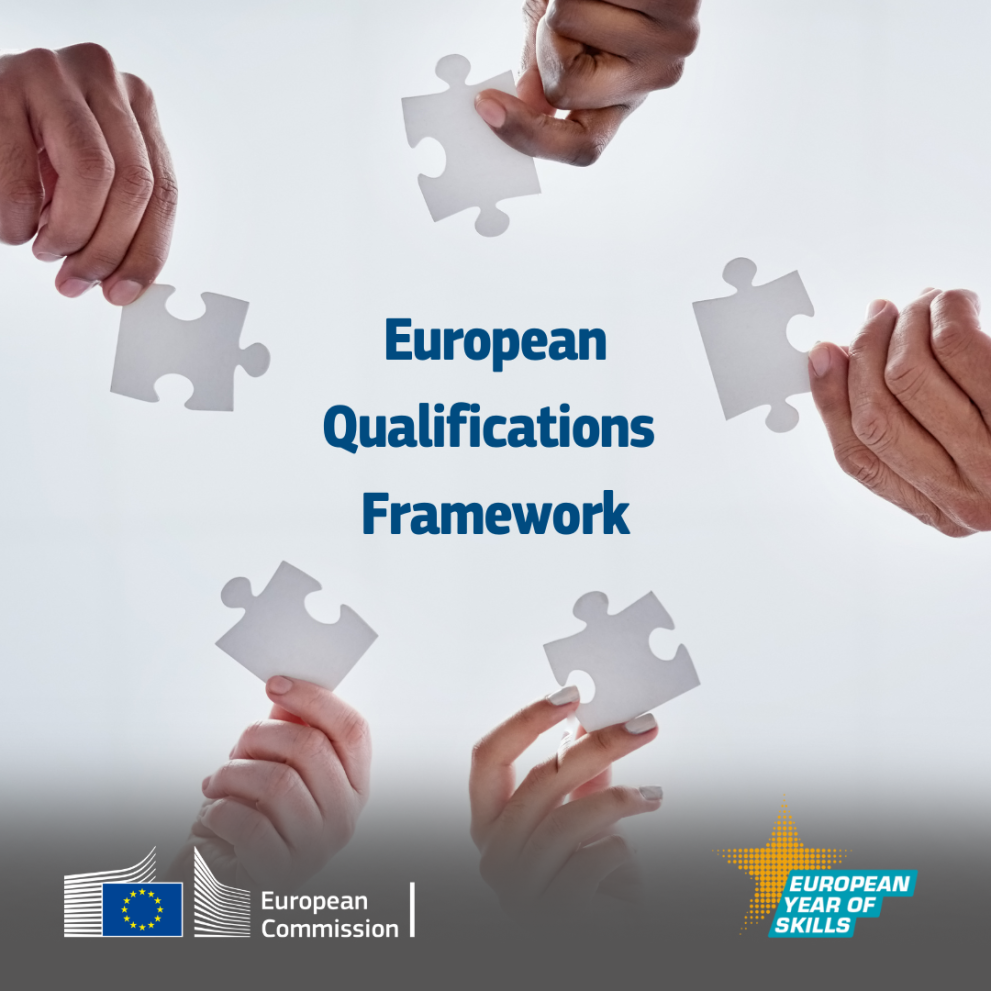
The importance of transparency of qualifications: the context
National education and training systems are different. As a result, it is not easy to understand the content of a qualification from another country. This poses a challenge – to understand what a potential worker with a qualification from another country can do, or to assess whether a future student meets the requirements to be admitted to a study programme in another country. Having trust between the education and training systems of different countries is fundamental for employment and mobility. This is even more so in a rapidly changing world of work and learning, with new types of qualifications and a pressing need for a better skilled workforce.
The EQF’s contribution to more transparent qualifications: key evaluation findings
The EQF tool is voluntarily implemented to a large extent by countries. As of 2024, all 411 participating countries have national qualifications frameworks (NQF) and information about EQF levels is widely available. In 2022, 36 countries have referenced their NQFs to the EQF.
The evaluation of the EQF was based on a wide consultation of stakeholders and desk research, looked at what was achieved. The findings clearly point at the added value of the EQF, perceived as:
-
Well-established reference point: The EQF increases the transparency of qualifications, especially from the formal education/training domain. Progress is observed also for qualifications from non-formal and informal learning, with 16 countries including these in national frameworks. As a whole, the EQF has sparked or supports national policies to promote more flexible learning journeys.
-
International benchmark: The EQF also has global reach, being perceived as a source of inspiration for qualifications frameworks across the globe. Thus, the EQF also contributes to a better understanding and fairer recognition of qualifications
-
Backbone for action: The EQF also serves as a backbone of EU and national policies and instruments for transparency of skills and qualifications. Given its comprehensive nature, it helps to structure and link the work in areas such as validation, adult learning, mobility, competence frameworks and taxonomies.
The EQF in the future: lessons learned
It is clear from the evaluation that the existing EQF structures and processes are effective and should be maintained – ensuring trust among countries requires continuous updates and improvements. The EQF can help even further employers, workers and students, or support procedures, such as recognition of qualifications. The EQF has more to achieve, also by helping bridge the gap between formal, non-formal and informal learning – an important factor given the urgent need to address existing skills shortages and enable upskilling and reskilling, as highlighted in the European Year of Skills.
Find out more conclusions and details by consulting the Commission Staff Working Document and its Executive Summary and the external supporting study.
Details
- Publication date
- 2 April 2024
- Author
- Directorate-General for Employment, Social Affairs and Inclusion
